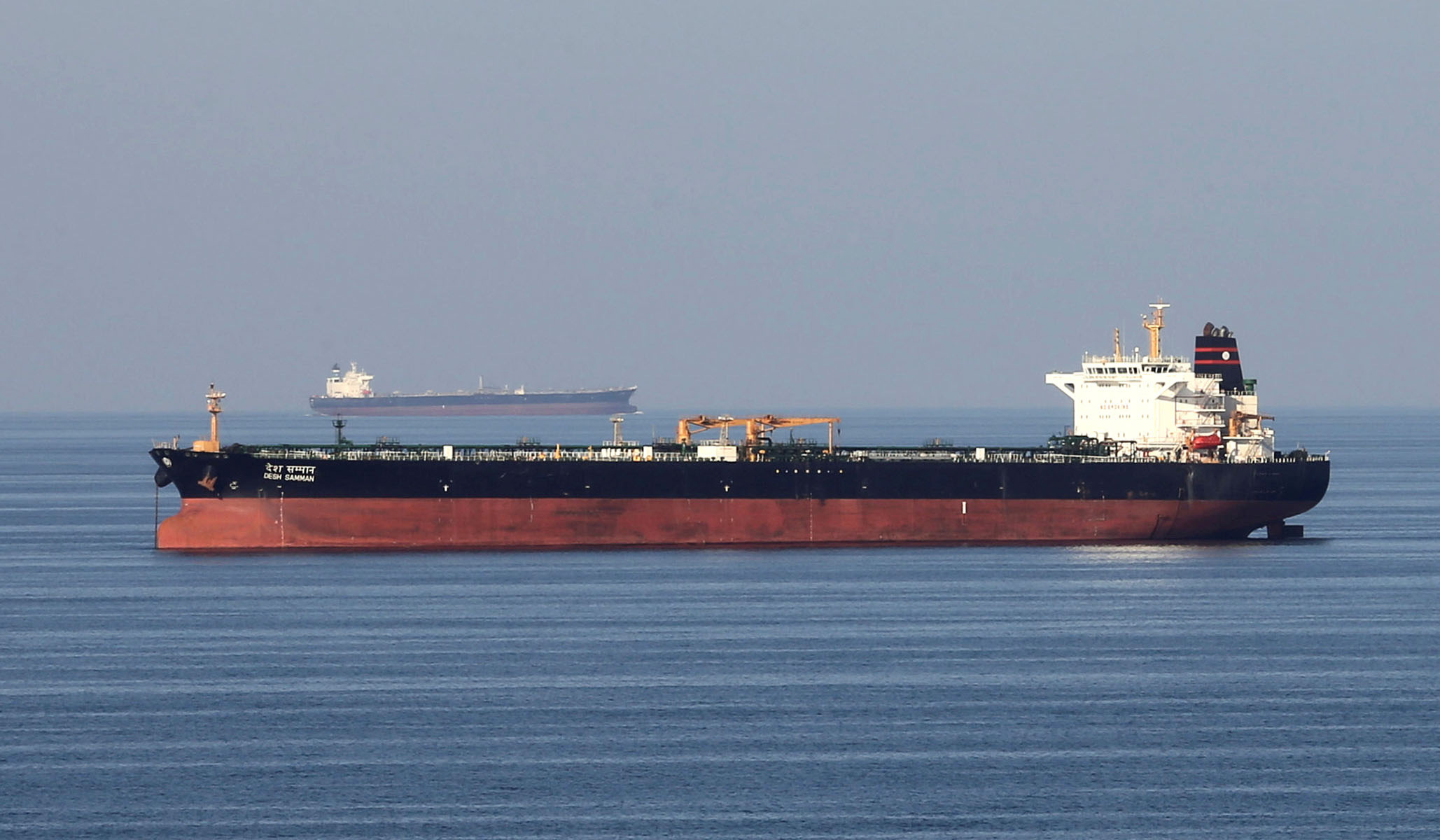As of this writing, some four commercial, patrol, and research vessels have been disabled — one of which may have been hijacked — in the main shipping channel through the Strait of Hormuz, apparently as part of an Iranian military operation. If this turns out to be accurate, the Islamic Republic has attempted to use sea mines to close the strait and so to strangle the flow of petroleum to global markets in the most dramatic offensive escalation in this vital shipping way since 1988. The timing of the action is no accident, as last month, Iran announced it would be making its first oil shipment from its new terminal at Jask Port on the Gulf of Oman — its first such facility south of Hormuz. Few took notice at the time, but Tehran was in essence signaling that it no longer needs the strait to supply clients, notably the People’s Republic of China. Now the world will be forced to take notice as the mullahs are foot-stomping this new capability.
So Iran no longer cares about the strait, but quite frankly neither should the United States. We have come a long way since 1980 when President Jimmy Carter declared that it was official U.S. policy that freedom of energy flow from the Persian Gulf was a vital American national-security interest that we were prepared to defend with force. While the resulting Carter Doctrine was undoubtedly the high-water mark of the Carter administration’s national-security policy, we have in recent years established U.S. energy dominance as one of the world’s three largest producers — and of course our production is geographically varied and has access to numerous terminals, none of which are constrained by the Strait of Hormuz. We can and should ramp up domestic production to ameliorate any shortage caused by this attack, while coordinating closely with our partners and allies in the Persian Gulf to counter it.
It’s worth remembering that this is hardly the Iranian regime’s first foray into energy terrorism. In September 2019 the Iranian Islamic Revolutionary Guard Corps launched an unprecedented drone and missile attack on the world’s largest oil refinery at Abqaiq, Saudi Arabia, which was similarly designed to choke shipping and so spike energy prices to the point that the United States would have no choice but to relieve sanctions rather than risk another such disruption. But while the Abqaiq attack was unprecedented in its sophistication and execution, it was also a failure. The rise in prices was relatively modest and quickly dissipated because of an increase in U.S. production, as well as a robust, coordinated, rapid-response repair campaign by Saudi Arabia.
While securing the Strait of Hormuz may no longer be a vital national-security imperative for the United States, it does not necessarily follow that we should allow this gross Iranian provocation to go unanswered. Following the Iranian attack in 1988, President Ronald Reagan retaliated by launching Operation Praying Mantis, resulting in significant damage to, or the total loss of, half of Iran’s fleet. For more than 30 years, this show of force gave Tehran pause when they considered a similar escalation. That pause appears to be over.
